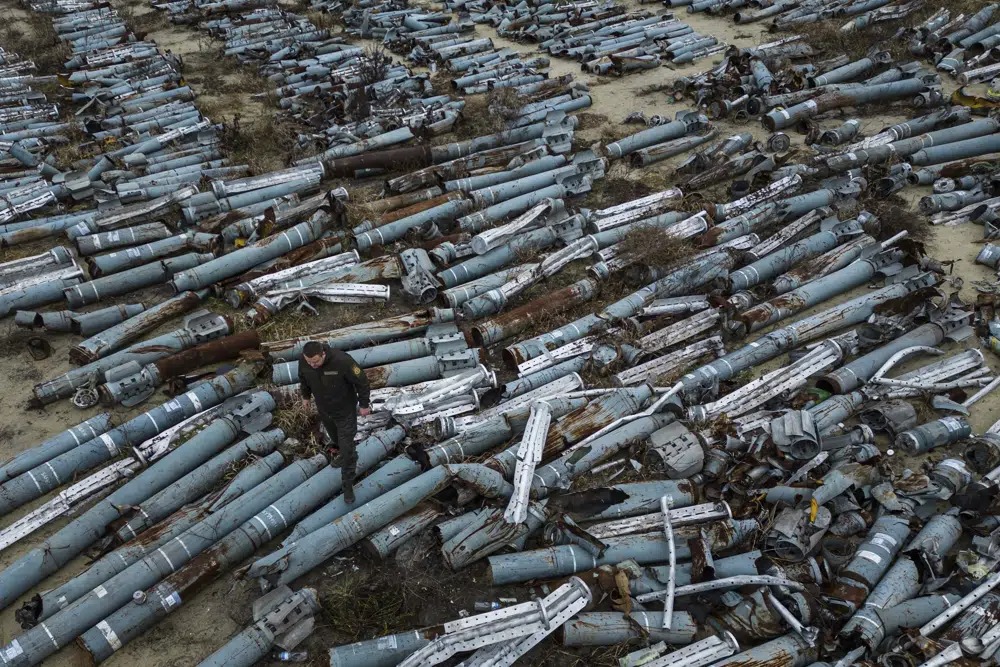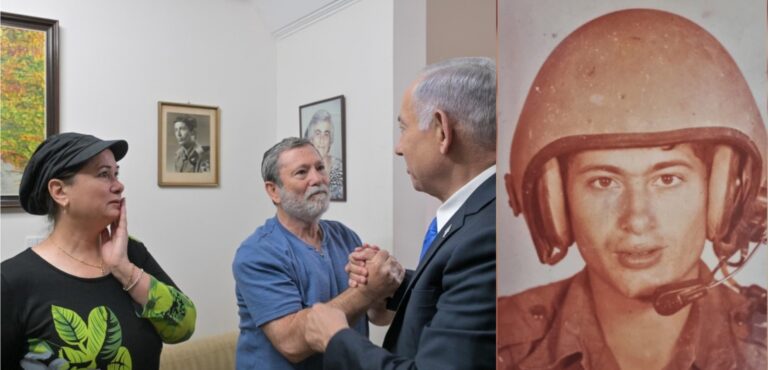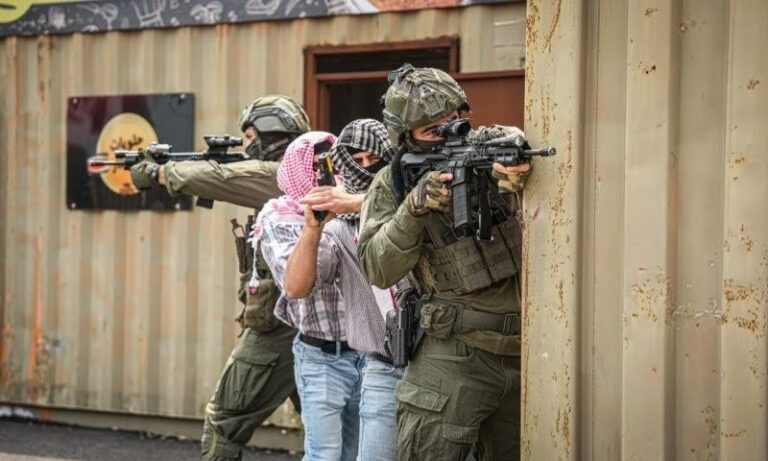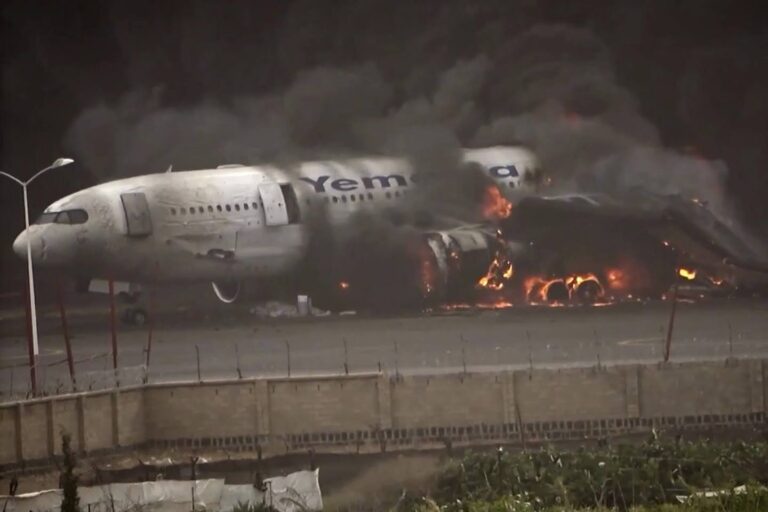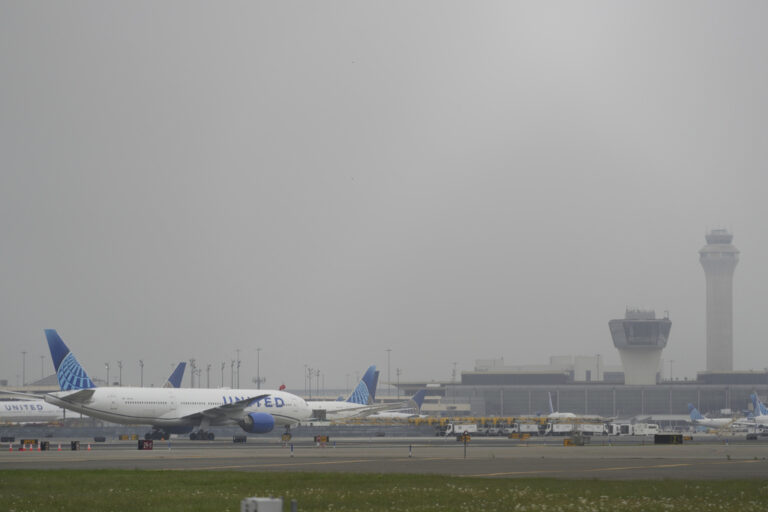The eastern Ukrainian city of Kharkiv has a peculiar “cemetery,” one that recalls some of the worst damage done since the Russian invasion: the debris of rockets used against this town and its people.
The graveyard has more than a thousand missiles, or parts of them. Local authorities hope they can help provide information for any prosecution case against Russians authorities and soldiers. And one day, maybe, they will become part of a museum of the atrocities in the country.
The blueish cylinders are lined up in rows according to their size, making an impressive if shocking sight from the air.
Dmytro Chubenko, spokesman for the Kharkiv region’s Prosecutor Office, said that the rockets have been collected since the first attacks, and after some time officials decided to organize them by type.
“These are pieces of evidence that an international criminal court would use,” he said during a visit to the place. He mentioned that some specialists have already come to the city to analyze the material.
The missiles, he added, were used against some important residential areas, like North Saltivka and Oleksiivka. He said that the authorities estimate that at least 1,700 people have been killed by shelling, including 44 children, in Kharkiv and its surroundings.
In summer, the buildings in areas like Saltivka were severely damaged, some blackened and others crumbling. There were practically no activities, with shops closed and apartments destroyed. The winter has not improved anything.
“We have lost everything, and it is not clear at all what we can expect in the future,” said Anna, a North Saltivka resident who left months ago and who didn’t give her last name for security reasons.
Ihor Deshpetko, 44, still lives in Kharkiv, despite what he has to suffer.
“There is no heating in my house, (and) unfortunately there won’t be until the end of the winter,” he said, adding that he now tends to call the area he lives the “black neighborhood.”
Back in the missiles “cemetery,” Chubenko, from the prosecutors’ office, said that they will keep the rockets as long as needed so any expert or prosecutor can take the information they need to use as evidence against Russians.
And after that?
“I don’t know what will happen next,” he said. “Maybe we will make a museum.”
(AP)

